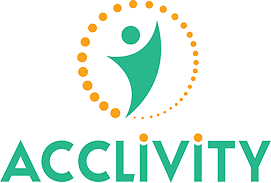Adjunct positions at colleges and universities have often been based on timing and budgeting considerations, resulting in last minute hires without the time and resources to prepare for classes.
The University of Southern California (USC) and The Association of Colleges and Universities (AACU) have jointly created a The Delphi Project on Changing Faculty and Student Success. This Project seeks to examine ways to improve the working conditions for adjunct faculty.
Joelle Adams, who taught for years as an adjunct before becoming a full-time professor at Santa Monica College, encapsulated the problem that many adjuncts are facing by acknowledging that, “This is a student equity issue; this is a student success issue; this is a student experience issue.”
In other words, academia should focus on the benefits of hiring adjuncts and be proactive in their hiring. It is pointless to offer more classes at a discount to the school if the students are not getting the same education because of it.
Thanks in part to the Delphi Project, there is a rising acknowledgement that if given enough time to prepare, adjunct professors can be a real benefit to a school and its students. Rather than focusing on their own papers and research, their focus is simply on teaching. Therefore, adjunct professors can often provide the best learning experience for students. A reference is one of the best way of demonstrating this fact, whether it be for getting hired or career advancement in higher education.
As an adjunct, it is imperative that reference letters and letters of recommendation are used to make one’s case. Letters from other teachers, even if not from a university setting, as well as references from parents or former students, can be beneficial in landing a job.
I have been working in academia for a long time and have seen how teaching skills and letters of recommendation can not only open up job opportunities, but help you stay on the radar of a school even if they are not hiring at the moment. Continuing to supply letters of recommendation highlights what you can bring to the table as a non-tenure track professor.
With the right reference or letter of recommendation you can:
– Move from teaching introductory classes to topic specific seminars
– Obtain a full time teaching position
– Open up the opportunity to use your skills on faculty committees and task forces
– Allow you to show how you connect with students
All of these things can help you with career advancement in higher education. Now that schools are recognizing that the cultivation of an adjunct can raise the quality of a school and its students, there are subtle ways to make the most of these changes.
Let me help you reach your goals by coaching you through this process. You may be surprised at the heights you are able to achieve based on teaching reference letters that prove your value. Click HERE to schedule a FREE consultation.

